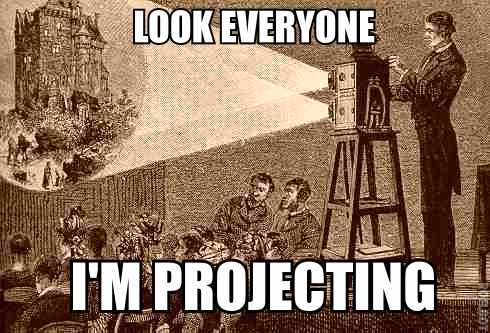Well, let's bring some more thought experiments into this, since philosophy of mind is kind of important to this discussion. I've been assuming a physicalist position.
The identity of a ship as the Ship of Theseus is not an intrinsic property of the ship, but is instead just a way to categorize and label it. The Ship of Theseus thought experiment only demonstrates the mereological limitations of the abstract concept of identity.
Of course, this doesn't mean that we have to throw away the use of identity entirely. It just means that we need to avoid projecting those limitations onto the things which identity is applied to.
Let's say Bob is scanned by a machine that makes a molecularly identical copy of him and destroys the original (or if you prefer, lightning in a bog does the same thing by chance). Is the copy still Bob? Like the Ship of Theseus, this is really just a question about how you interpret and label the objects involved.
That is, unless a person, unlike a ship, does have some intrinsic identity, which means you are either taking a position of idealism (which is pretty much solipsistic and conversation-halting in this case) or dualism.
If you take a dualistic position, does Bob's spirit or Bob-ness transfer to the copy, is it destroyed with the original Bob, or does it pass into the afterlife? What is the function of this Bob-ness, and how does it relate to the functions of the brain? How do you know Bob had any Bob-ness in the first place? Dualism is rife with problems, and potentially the subject of a whole other debate (that I am entirely willing to be a part of).
A physicalist position would state that Bob's subjective consciousness is made up of neurological impulses, and does not carry any intrinsic Bob-ness from moment to moment any more than from original to copy.
Let's say that two copies of Bob are created instead of just one, Bob2h in front of a coin set heads-up, and Bob2t in front of a coin set tails-up. Even if this took place in a completely deterministic universe without the limitations on measurement that come with quantum physics, there is nothing Bob1 could have done to predict which coin "he" would see afterwards (since both Bob2t and Bob2h would remember the same prediction), unless it is also a dualistic universe and Bob somehow has knowledge of what intrinsic identities do in these situations.
I don't follow what you are trying to say with "a superposition of both admitting and contradicting the indiscernibility of identicals".
I'm just a little boy.


![http://fc07.deviantart.net/fs71/i/2012/126/7/a/cowboy_bebop__faye_valentine__realism__by_shilesque-d4ypfoa.jpg [http://fc07.deviantart.net/fs71/i/2012/126/7/a/cowboy_bebop__faye_valentine__realism__by_shilesque-d4ypfoa.jpg]](http://fc07.deviantart.net/fs71/i/2012/126/7/a/cowboy_bebop__faye_valentine__realism__by_shilesque-d4ypfoa.jpg)



![http://i.imgur.com/c0TpZTK.gif [http://i.imgur.com/c0TpZTK.gif]](http://i.imgur.com/c0TpZTK.gif)

![http://beforeitsnews.com/contributor/upload/30080/images/fullretard.jpg [http://beforeitsnews.com/contributor/upload/30080/images/fullretard.jpg]](http://beforeitsnews.com/contributor/upload/30080/images/fullretard.jpg)
![http://upload.wikimedia.org/wikipedia/commons/3/3b/Paris_Tuileries_Garden_Facepalm_statue.jpg [http://upload.wikimedia.org/wikipedia/commons/3/3b/Paris_Tuileries_Garden_Facepalm_statue.jpg]](http://upload.wikimedia.org/wikipedia/commons/3/3b/Paris_Tuileries_Garden_Facepalm_statue.jpg)





